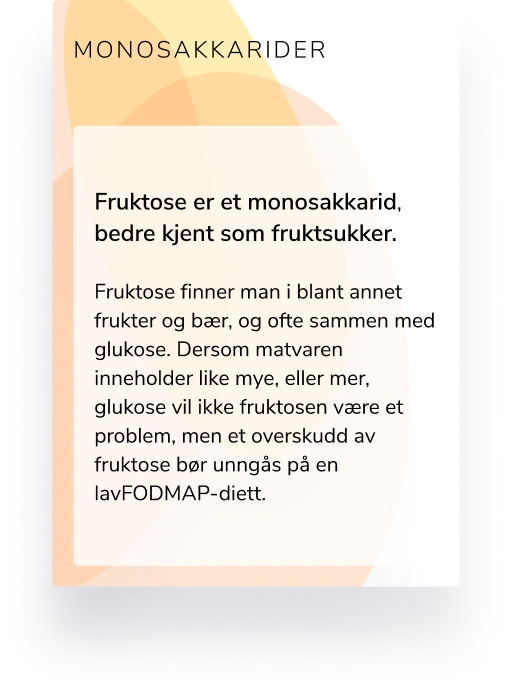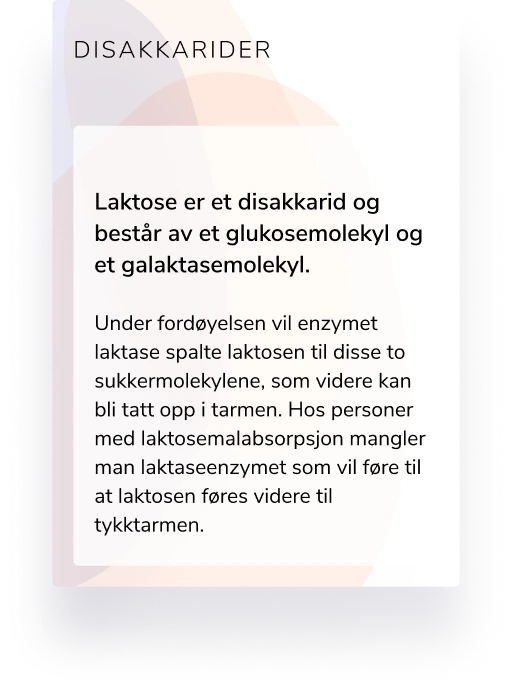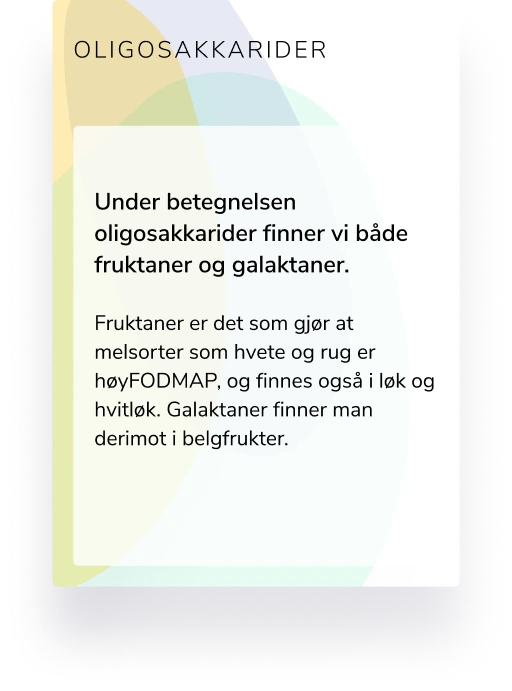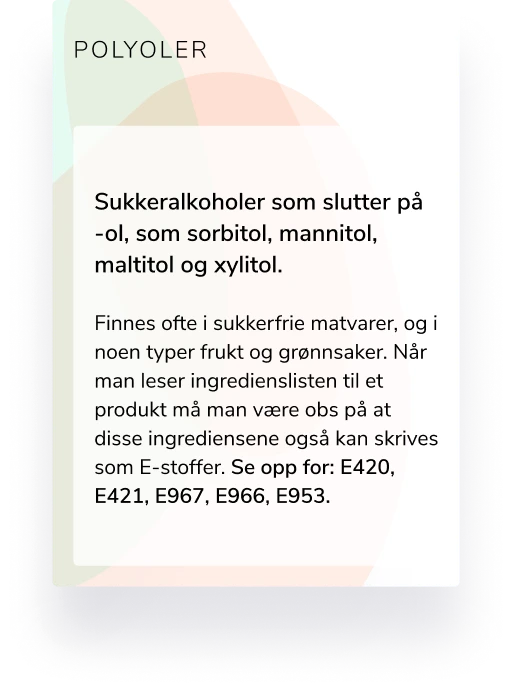Irritable bowel syndrome (IBS)
Being told that you have irritable bowel syndrome can be both a relief and a burden. A relief because you have finally received an answer to what is the cause of all stomach problems, and a burden because there is so much to understand. Noba helps you through the diagnosis so that you can function normally in everyday life.

Irritable bowel syndrome is a disorder in bowel function characterized by abdominal pain, discomfort, bloating and disturbed stool patterns with diarrhea and/or constipation.
The pattern varies from person to person, and it can also vary over time. It has been shown that stress can worsen the symptoms, without stress being the cause. The gut and the brain are closely connected (as you know, you can get "butterflies in the stomach" from thoughts), so signals from the brain cause real changes in the gut.
The condition is estimated to affect between 8-25% of Norway's population, with an increased incidence in women and young people. The cause of irritable bowel syndrome is unknown, but several factors seem to be involved in the syndrome's development: heredity, diet, colonic bacteria, low-grade inflammation and abnormal hormone-producing cells in the stomach and intestines.
Although the symptoms are very distressing, irritable bowel syndrome does not develop into serious illness. In contrast, irritable bowel syndrome can significantly reduce the quality of life. If you have not achieved sufficient symptom relief after trying general dietary advice and stress management, it is recommended to try a well-documented dietary treatment called the low FODMAP diet.
What are FODMAPs?

FODMAP is an acronym and stands for: Fermentable Oligosaccharides, Disaccharides, Monosaccharides And (and) Polyols. In other words, FODMAP is the term for certain short-chain carbohydrates, also called sugar molecules, which go through a fermentation process in the large intestine. This process creates gases. In addition, FODMAP substances are osmotically active, which means that they draw water from the small intestine with them.

For people with IBS, eating FODMAPs can trigger symptoms such as discomfort, pain, increased gas formation and disturbed stool patterns. A number of studies have shown that most people with irritable bowel experience improvement and symptom relief by going on the low-FODMAP diet, which means that you eat food that has a low content of these short-chain carbohydrates (FODMAPs).
Noba advises you to talk to a doctor before starting the low FODMAP diet to rule out other diseases.
So you don't have to cut out ALL carbohydrates, just those that cause trouble. The carbohydrates that cause trouble are divided into four main categories; Monosaccharides, Oligosaccharides, Disaccharides and Polyols.
How to find the FODMAP content of foods
To find out which carbohydrates a food contains, you have to break it down completely. This can be done using chromatography, a separation and analysis method, which separates the food down to the smallest building blocks. If you have a lab in the basement with the associated equipment to carry out this method, that would be great. If you do not have this available, you can check what has already been researched about the FODMAP content in various foods, and use this to evaluate new foods.
If a food product only contains ingredients that have been researched as low FODMAP, the total FODMAP content is probably also low, but there is no guarantee of this without having checked the product in a laboratory. Different ingredients can react with each other and form new FODMAPs, or the food can be processed in such a way that the total FODMAP content changes.
When you go on a low FODMAP diet, you may find that your diet is not very varied, but it doesn't have to be! You just have to learn to read ingredient lists and you have to spend time understanding the diet. Noba's aim is to make everyday life easier for people on the low FODMAP diet, and we hope that more people can eat more variedly and discover new foods that are safe to eat.
Sources: Helsenorge, nutritionist Julianne Lyngstad and Monash University




